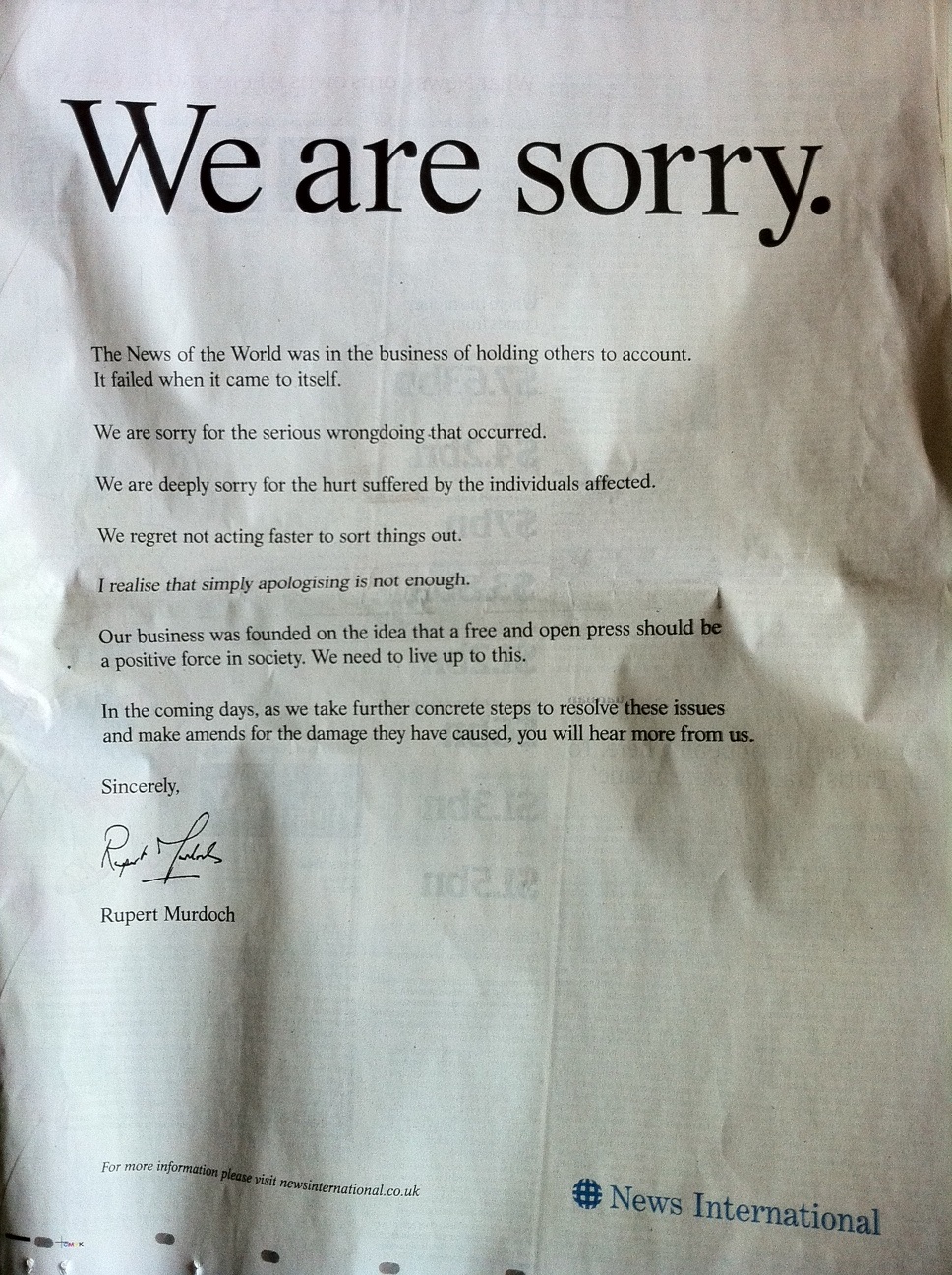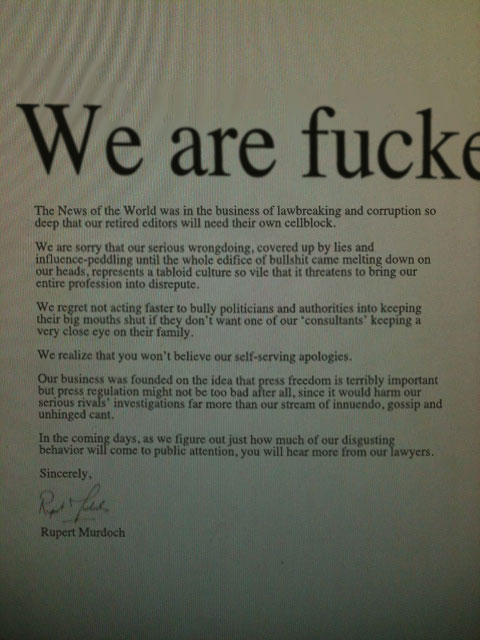This morning’s Observer column.
“A prophet is not without honour”, says the Bible, “save in his own country.” This was manifestly not true in the case of Marshall McLuhan, the Canadian cultural critic, who was born 100 years ago last Thursday, and was famous not only in his own country, but also abroad. In fact, he’s the only public intellectual I can think of who played himself in a Woody Allen movie.
Film buffs will recall the wonderful sequence in Annie Hall, where Woody and Diane Keaton are queuing for a movie when a guy behind them starts opining pompously about McLuhan’s description of television as a “high intensity or hot medium”. Allen expresses to camera a desire to have a large sock full of horse manure close to hand, whereupon the guy asserts his right to express his opinion on the grounds that he teaches a course at Columbia on “TV, media and culture”, a fact that – he asserts – gives his views on McLuhan a great deal of validity.
“That’s funny,” replies Woody, “because I happen to have Mr McLuhan right here.” He goes over to a flipchart and pulls out the great man himself from behind it. “I heard what you were saying, “says McLuhan to the Columbia man. “You know nothing of my work… how you ever got to teach a course in anything is totally amazing.” The scene closes with Woody saying to camera: “Boy, if life were only like this.”
As it happens, there have been many times in the past few years when it would have been useful to have had McLuhan to hand because, in a strange way, his insights into media seem more relevant now than they were in the 1960s when he sprang into prominence…
See also this post.





